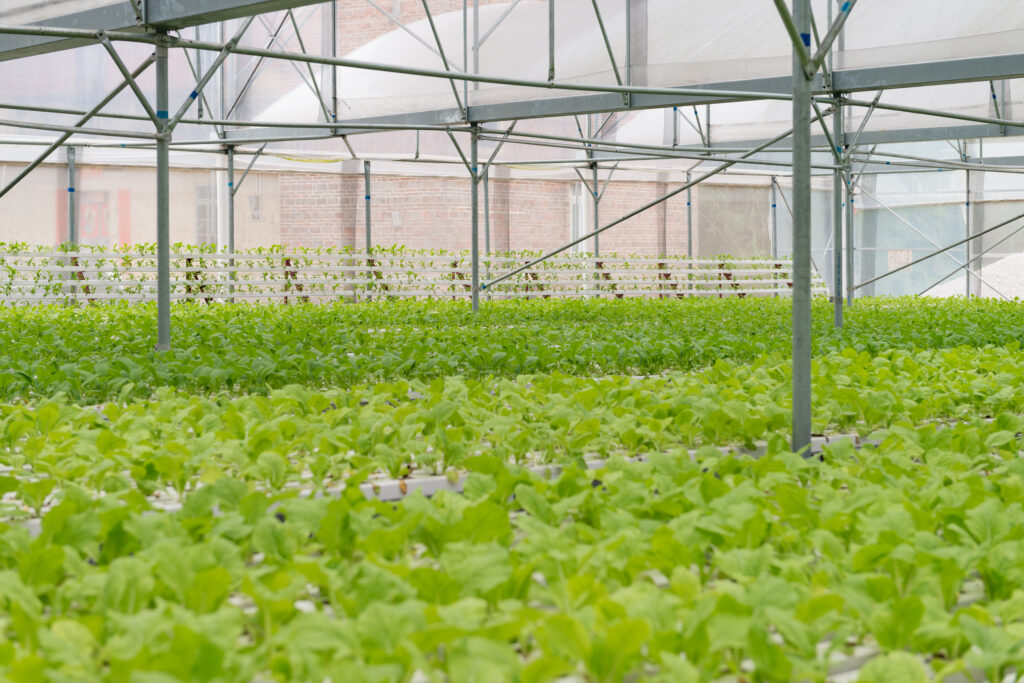Summary: This study focuses on evaluating the biostimulant effects of two beneficial microorganisms—*Glomus intraradices* BEG72 (G) and *Trichoderma atroviride* MUCL 45632 (T)—on various vegetable crops. The study examines their individual and combined effects on plant growth, yield, chlorophyll index (SPAD), chlorophyll fluorescence, and mineral composition.
Key Findings:
1. Microorganism Properties:
Trichoderma atroviride produced siderophores and auxin-like compounds across a broad pH range (5.5–8.0), indicating its adaptability and potential to enhance plant growth in various soil conditions.
2. Greenhouse Experiment:
The combination of G. intraradices and T. atroviride (G + T) yielded the highest shoot and root dry weights, SPAD index, and chlorophyll fluorescence in lettuce, tomato, and zucchini.
The G + T treatment significantly boosted shoot dry weight by:
– 167% in lettuce
– 56% in melon
– 115% in pepper
– 68% in tomato
– 58% in zucchini
This increased biomass was linked to enhanced nutrient uptake, particularly of phosphorus (P), magnesium (Mg), iron (Fe), zinc (Zn), and boron (B).
3. Open Field Experiment:
In field conditions, lettuce treated with G + T exhibited a 61% increase in shoot dry weight and a 57% increase in root dry weight compared to untreated controls.
– For zucchini, the G + T treatment led to a significant increase in both early and total yields by 59% and 15%, respectively.
Conclusion:
The application of a biostimulant tablet containing both *Glomus intraradices* and *Trichoderma atroviride* effectively enhances transplant establishment and increases productivity in vegetable crops. This approach offers a sustainable method to boost crop yields and nutrient uptake, highlighting the potential of these microorganisms in agricultural practices.
Publication: Journal of the Science of Food and Agriculture









